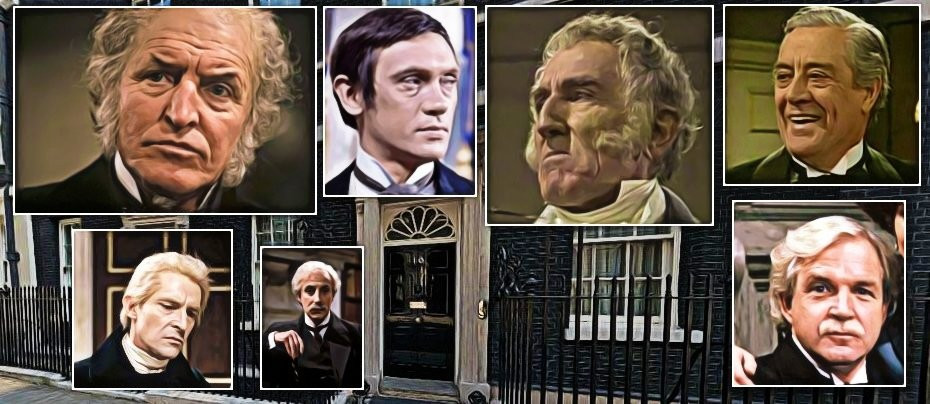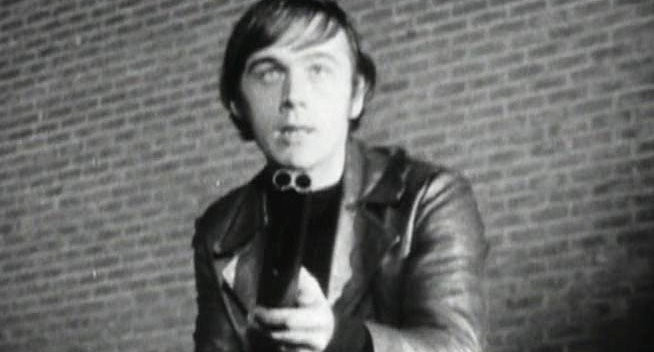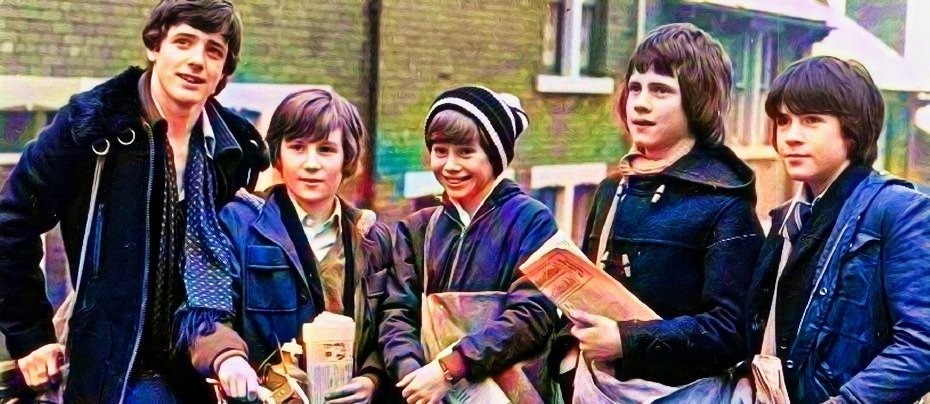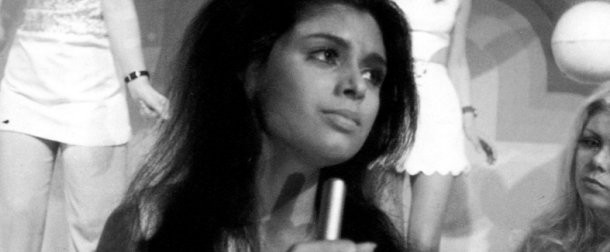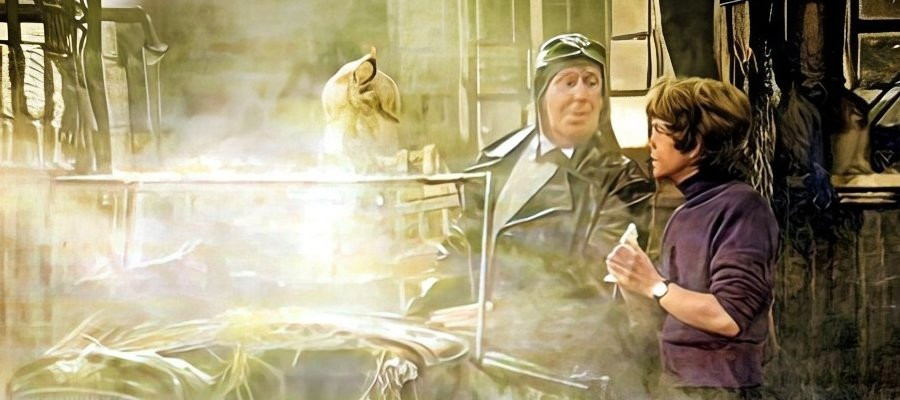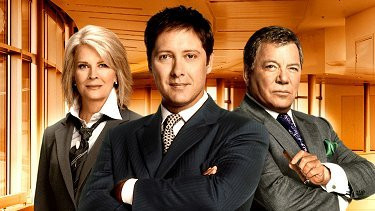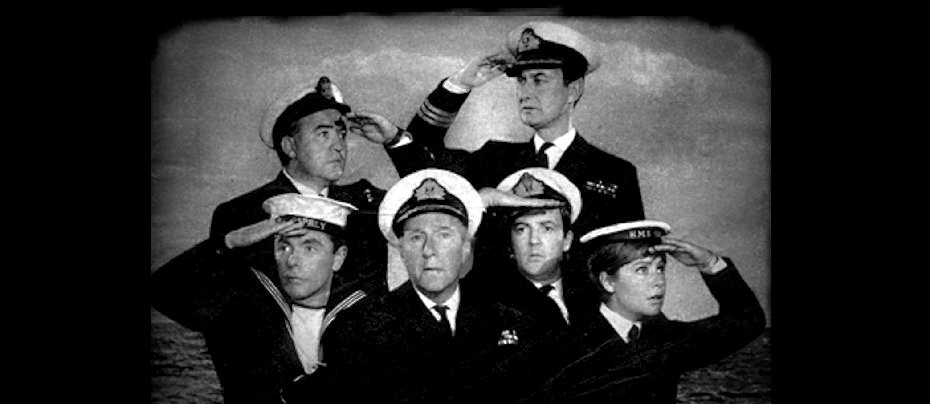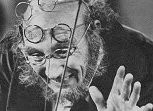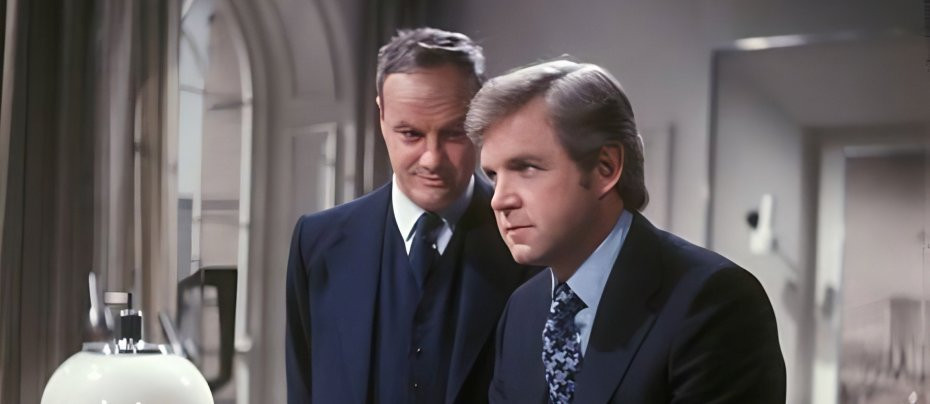
The Main Chance
1969 - United KingdomAfter many years working in London, ambitious solicitor David Main returns to his native Leeds to set up a new practice and to improve his station by working for the rich and powerful.
The law, they say, is the bandage over the eyes of justice. Solicitor David Main is pragmatically aware of the bandage - skilfully tying the knots to keep it in place. His methods deviate from convention but as long as they influence the people who matter, he doesn't care whether they win him friends. "If I'd wanted to be loved I'd have been born a teddy bear!" Main, always with an eye on 'the main chance', is calculating, bold, and unyielding. He refuses to be intimidated by any of his cases, each of which he undertakes on his own terms.
However...
...his unwavering pursuit of high-stakes cases is counterbalanced by a steadfast moral compass, compelling him to champion the marginalized and oppressed - sometimes against his own best interests. Despite occasional clashes with his conservative partner in Leeds, Henry Castleton (John Wentworth), who warns his junior partner daughter Margaret (Margaret Ashcroft) that their new partner is "shrewd and energetic - but his manners leave a lot to be desired," Main’s audacious strategies and quick wit typically guide him through the intricate terrain of legal challenges.
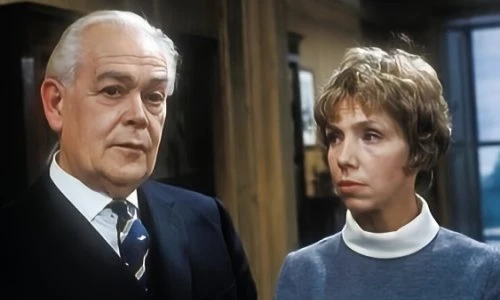
Main's assistant was the duplicitous Peter Findon (Philip Bond), a barrister suspended for priming a witness who the company was forced to retain as a solicitor.
Yorkshire Television’s immensely popular legal drama, The Main Chance, hurtled forward at breakneck speed. The opening credits themselves raced across the screen, set against images of a speeding train—an apt portrayal of Main’s weekly commute between his dual bases. National Theatre star John Stride infused the protagonist with fervour and gravitas, always armed with a sharp verbal riposte for any situation. Meanwhile, the ever-resourceful Main becomes obsessed with office efficiency, implementing cutting-edge communication methods and meticulously maintaining his records on microfilm.
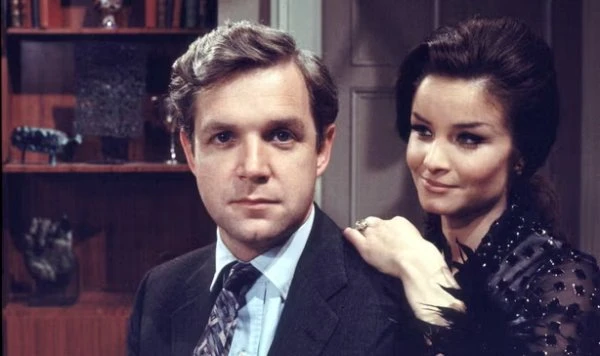
As Main’s fortunes ebb and flow, the most evident casualty of his ambitions is his personal life. His wife, Julia (Kate O'Mara), is tormented by David's ambition and drive and finds herself neglected. It was a change of role for 29-year-old O'Mara who had, up to this point, been presented in glamour roles and was considered as something of a sex symbol. "It's the best television role I've ever had," she told Dave Lanning of the TV Times in 1969. "Because it gives me a chance to act. Virtually every scene I play is emotional and a real challenge. Although, naturally, I still like to think that Julia Main is a sexy part; only more discreet and sophisticated." At the end of the first series, Julia locks Main out of their Chelsea home.
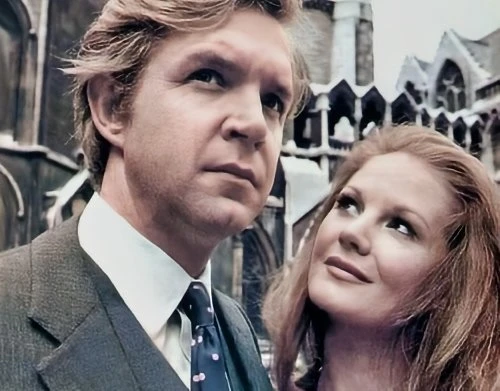
By the start of the second series, Julia and David are divorced, he having reluctantly granted her full custody of their children when she remarried an idealistic school teacher (Bernard Kay). Over time, David engages in protracted relationships with his alluring, highly capable, and enduring secretaries. First, there’s 23-year-old Sarah Courtenay (Anna Palk), who lives in a luxury Chelsea flat, drives a Mercedes convertible and wears minks. She holidays in Bermuda, spends weekends in the country at the family seat, rides to hounds, wines and dines in the best places and shops in the most fashionable stores. This most unlikely of secretaries has no need to work at all - but she has, according to the script, "a social conscience."
Courtenay's character may seem to be stretching the imagination, but TV Times magazine ran an article in September 1970 where they interviewed one Elaine Gwilt of Shropshire, whose qualifications were almost identical to the fictional secretary and had worked at one time as a secretary to a managing director of a steel company, then was a hotel receptionist in the Channel Islands. "If I don't work I get very lethargic," Gwilt said. "I'm bored if I don't go out and meet different kinds of people." Sarah Courtenay eventually weds and becomes Lady Radchester.
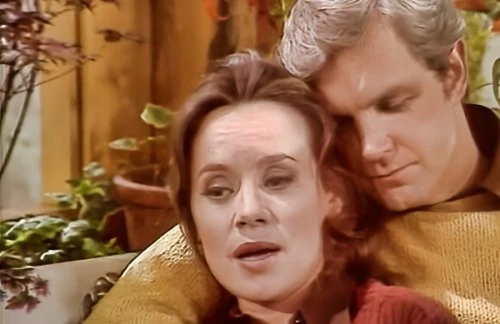
Main’s eventual remarriage to Hilary (Estelle Kohler) takes a tragic turn when she and her son are killed in a car accident caused by a drunk truck driver. Main’s unconventional quest to hold those responsible accountable ultimately results in his disbarment from the solicitor’s register.
Under duress, Main is compelled to sell his London practice to Peter Findon, who predictably attempts to undercut him. Subsequently, the exotic Norwegian Inge Lindstrom (Sharon Maughan) makes her entrance, but she eventually returns to her homeland upon realizing that Main’s deepest affection is reserved for the law. While he is barred from practicing as a solicitor or drafting legal documents, Main leverages his expertise outside the system until Henry Castleton can ultimately reverse his expulsion. Main must start again - from the bottom rung of the legal ladder.
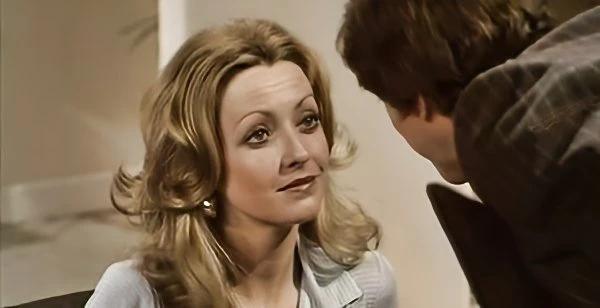
Created by Edmund Ward and John Batt, who initially used the pen name of John Malcolm to separate his artistic work from his career as solicitor, 45 episodes were aired - the first, which consisted of just six, were in monochrome. Subsequent series contained thirteen episodes each. The three later series were transmitted in 1970, 1972 and 1975. John Stride was a huge hit with the public over the four seasons of The Main Chance and was voted Top TV Personality of 1970 by TV Times readers and the series won the Best Dramatic Series Award at the Hollywood Festival of World Television in 1971.
Seen this show? How do you rate it?
Seen this show? How do you rate it?
Published on May 18th, 2024. Written by Marc Saul for Television Heaven.


